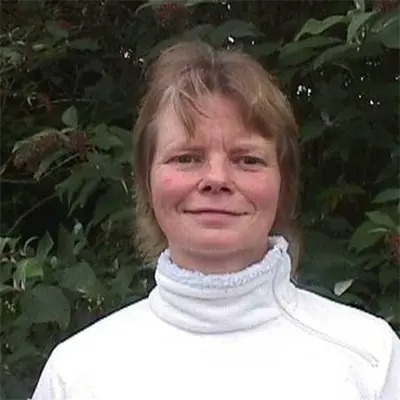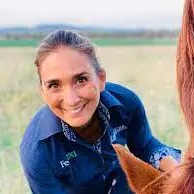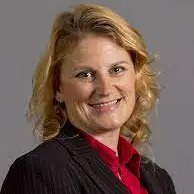Pasture Management for the Laminitic Horse
Species
Equine
Contact Hours
3 Hours - RACE Approved
Language
English
Discipline
Geriatrics
Internal Medicine – Endocrinology, Haematology, Infectious Diseases, Parasitology & Oncology
Nutrition
Orthopaedics
Veterinary Partners
Global



North America
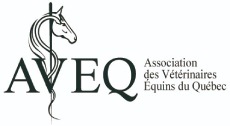
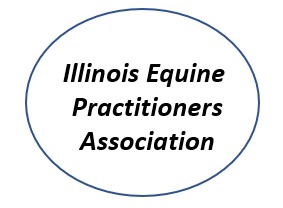
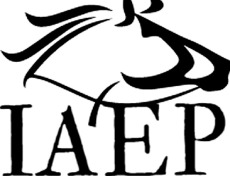
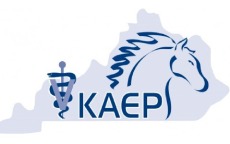
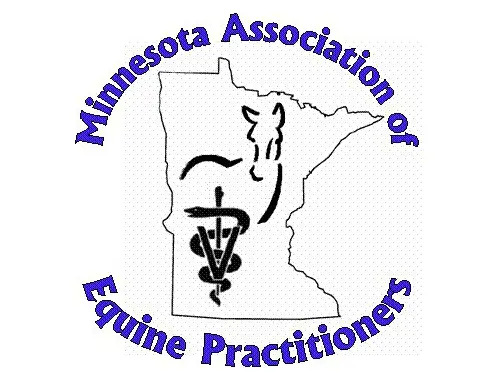
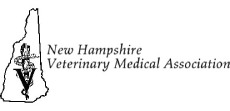


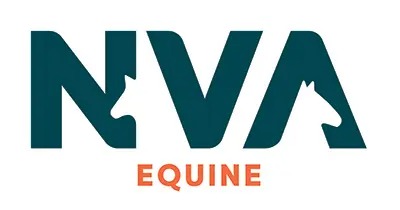

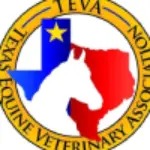

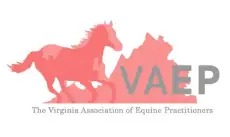
Europe
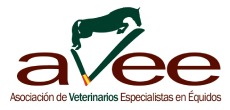
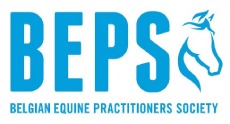


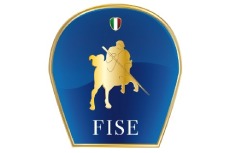

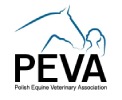

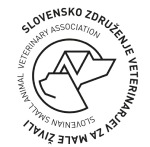
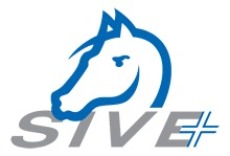



Middle East & Africa
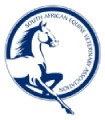
Asia-Pacific

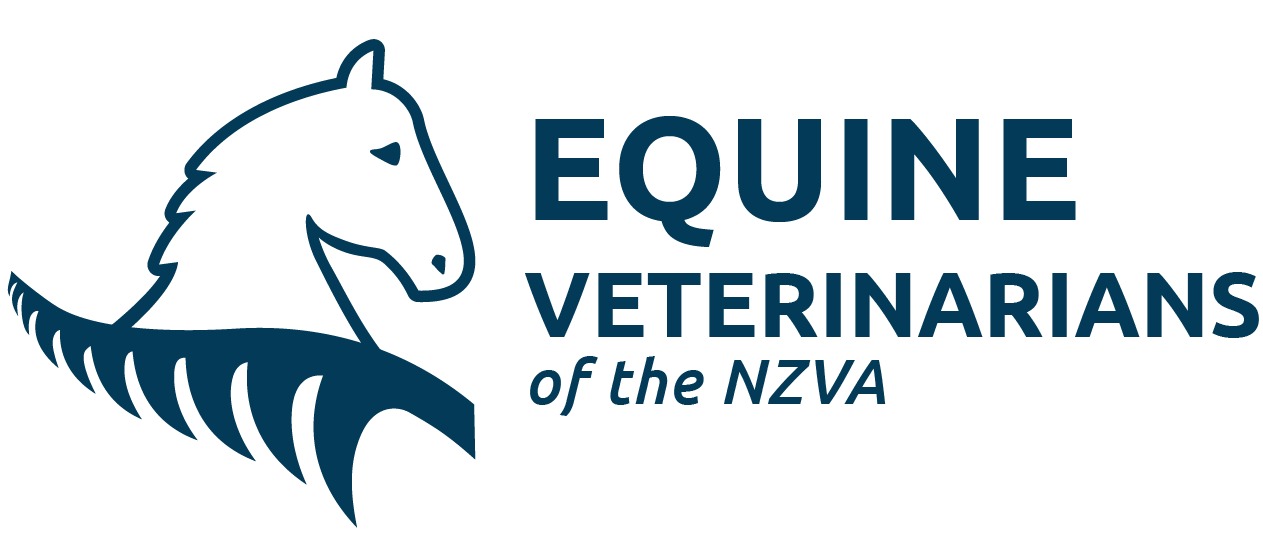
Recorded on: 22nd March 2022
Panelists:
Annette Longland PhD — Equine and Livestock Nutrition Services, UK
Nerida Richards B.Rur Sc., PhD, (RAnNutr) — Equilize Horse Nutrition Australia
Carey Williams DVM, PhD — Rutgers University, USA
Moderator:
Pat Harris MA, PhD, DECVCN, VetMB, MRCVS — Waltham Petcare Science Institute & Mars Equestrian, UK
CONTENT DESCRIPTION
Fresh or preserved grass is the predominant fibre source for most equidae but for obese animals, as well as those with insulin dysregulation, grass intake management is essential to reduce the risk of laminitis and help with weight control. Zero grazing (whilst providing suitable forage alternatives) may be required if it is essential that the horse ingests minimal levels of water soluble carbohydrates (WSC) or a strict weight management program is needed. However, in many management situations, some periods of time on pasture cannot be avoided and often provide a number of benefits. When advising owners how to best manage animals prone to obesity and/or at risk of laminitis it is often essential that veterinarians provide advice on pasture access and intake.
The international panel of world-renowned nutritionists and clinicians will discuss the key points to consider with respect to pasture management for the laminitic/obese horse such as factors influencing pasture WSC content (including season, time of day, grass species), as well as the pros and cons of ways to restrict pasture intake (including strip grazing, use of grazing muzzles, track systems etc.). This exchange will be highly interactive with attendees able to contribute and ask questions.
After qualifying from Cambridge University, Pat completed her Ph.D. at the Animal Health Trust into the Equine Rhabdomyolysis Syndrome. She joined the Waltham Centre for Pet Nutrition (now Waltham Petcare Science Institute) in 1995. As Director of Science for Mars Horsecare and head of the WALTHAM™ Equine Studies Group, she is responsible for their equine research conducted in collaboration with experts at institutes and universities globally. This provides the science behind the SPILLERS™, BUCKEYE™ Nutrition, and WINERGY™ brands. She is also a scientific advisor to MARS EQUESTRIAN™.
Pat is a European Specialist in Veterinary Clinical and Comparative Nutrition, an RCVS recognized specialist in veterinary clinical nutrition (equine), and a British Equine Veterinary Association Past-President. She is also a member of several international society and charity boards and holds, or has held, a number of academic posts within various institutions around the world.
Pat lectures internationally on nutrition as it affects the health, welfare, behaviour, and performance of the horse. She is the author or co-author of over 500 scientific papers, abstracts, and book chapters with recent emphasis on obesity, laminitis, and senior horse nutrition. She was the co-editor for the 2021 Veterinary Clinics of North America Equine Practice on Equine Nutrition and co-authored two chapters including one on ‘What would be good for all veterinarians to know about Equine nutrition'.
More InfoAnnette obtained her first degree at the University of Stirling in 1978 and following a two year period of teaching Biology ‘A’ level in the Caribbean, undertook a PhD in plant biochemistry at Imperial College of Science and Technology, London. Immediately thereafter, she worked as a post-doctoral Fellow at the University of Hull, in the department of Plant Biology. In 1985 she gained a post at what was to became the Institute of Grassland and Environmental Research (IGER) at Shinfield, Reading where she worked on the potential uses of various fibrous by-products of the food industry for pig nutrition. In 1991 she accepted a post at IGER Aberystwyth, to work on both fresh and conserved forages for ruminants, but this work soon incorporated an increasing move towards equine nutrition. In 2004 Annette left IGER to set up her own business, Equine and Livestock Nutrition Services (ELNS). ELNS largely focusses on various aspects of both fresh and conserved forages for equines, including the management of pasture intakes by horses and ponies. Over the years, Annette has supervised a number of Masters and PhD students from the UK and overseas, lectured at a number of Universities and has delivered papers at many Conferences throughout the world. She has written a number of book chapters and has published widely in peer-reviewed journals. She is a keen horse rider and regularly competes in various disciplines.
More InfoDr. Nerida McGilchrist graduated from the University of New England with a degree in Rural Science in 1999 and a PhD in Equine Nutrition in 2004. She is a registered animal nutritionist (equine) with the Nutrition Society of Australia. Dr. McGilchrist founded Equilize Horse Nutrition in 2003, providing expert technical support to feed and supplement companies in Australia and abroad. She developed and commercialised FeedXL, an online equine nutrition calculator used worldwide.
More InfoCarey A. Williams, Ph.D. joined Rutgers University in July 2003 as its Equine Extension Specialist, and Associate Director of Outreach for the Equine Science Center taking an active role in teaching, conducting research and working with the equine and academic communities to ensure the viability of the horse industry in New Jersey.
A Wisconsin native, Dr. Williams earned her doctorate degree in animal and poultry sciences (with an emphasis on equine nutrition and exercise physiology) in June 2003 from Virginia Polytechnic Institute and State University. She holds a master’s degree in equine nutrition, also from Virginia Tech, and a bachelor’s degree from Colorado State University.
She has worked extensively at Virginia Tech as a Pratt Fellow in Equine Nutrition, has designed and conducted various research projects dealing with equine nutrition and exercise physiology and assisted in the breeding, care and feeding of approximately 100 horses. At Rutgers, Dr. Williams maintains a herd of Standardbred horses for exercise physiology research; more specifically how we can decrease the stress of intense exercise. She also works with agricultural agents within Rutgers Cooperative Extension and the Natural Resource Conservation Service to carryout equine pasture management initiatives. She has started several research projects on Best Management Practices with horse farms and finding ways for farmers to keep their horse farms environmentally friendly while maintaining optimal horse health and economic viability.
She is a member of many associations, including the American Association of Veterinary Nutritionists, the Equine Science Society, to name a few. Dr. Williams has also recently been awarded the Northeast Section of the American Society of Animals Science and the American Dairy Science Association’s Outstanding Young Educator award in 2007, along with Rutgers NJAES Cooperative Extension’s Merle V. Adams Award to an outstanding junior faculty member in 2007. In 2009 she was also awarded the Equine Science Society’s Outstanding Young Professional. As a hobby she trains and competes with her Thoroughbred mare at various local and regional dressage shows and horse trials.
More InfoVeterinary Student
Online Panel Discussion
USD 20.00
Qualified Vet
Online Panel Discussion
USD 95.00
Intern/Resident/PhD (Requires proof of status)
Online Panel Discussion
USD 70.00
Vet Nurse/Vet Tech (Requires proof of status)
Online Panel Discussion
USD 70.00
Non-veterinary Attendee
Online Panel Discussion
USD 70.00
If the options you are looking for are unavailable, please contact us.
No tax will be added unless you are a UK taxpayer
Choose currency at checkout






